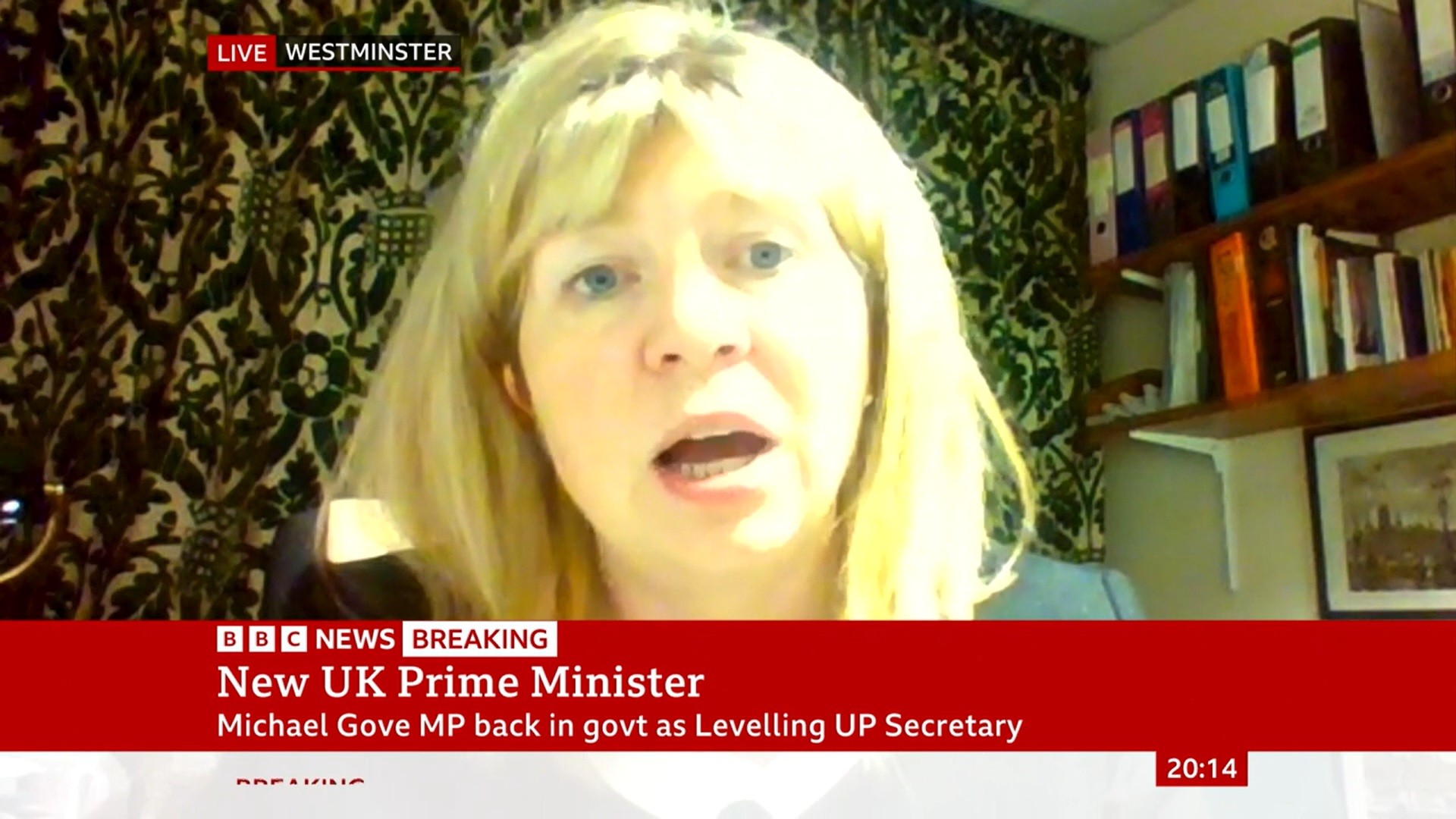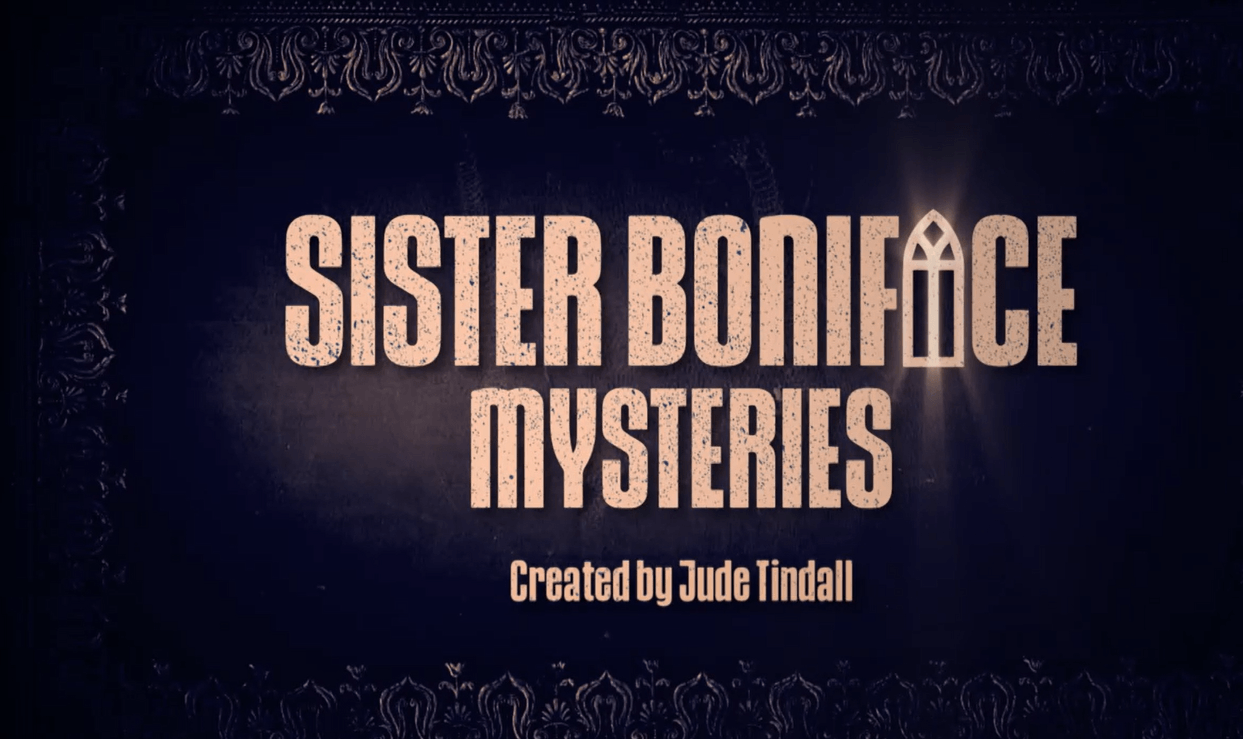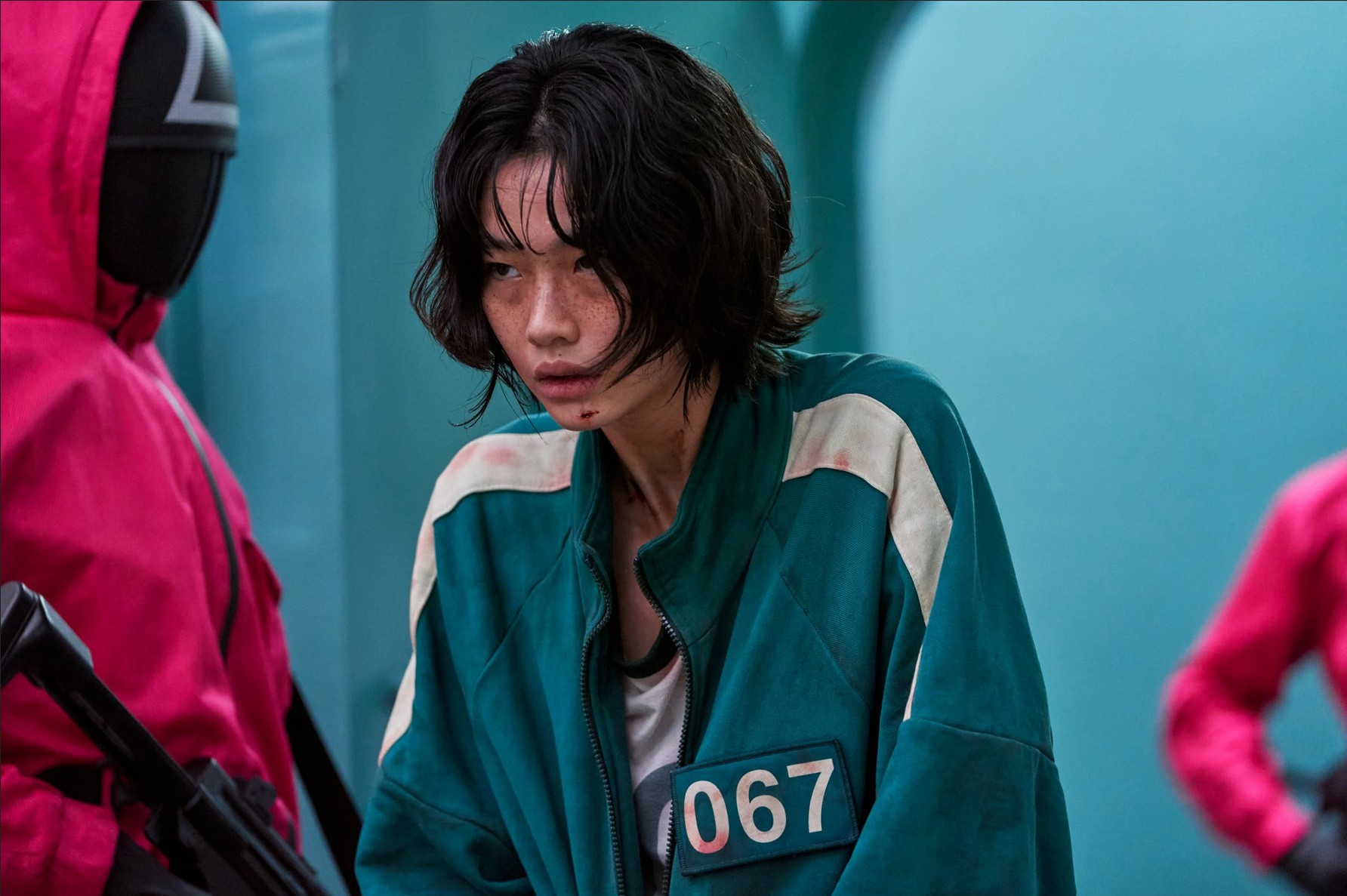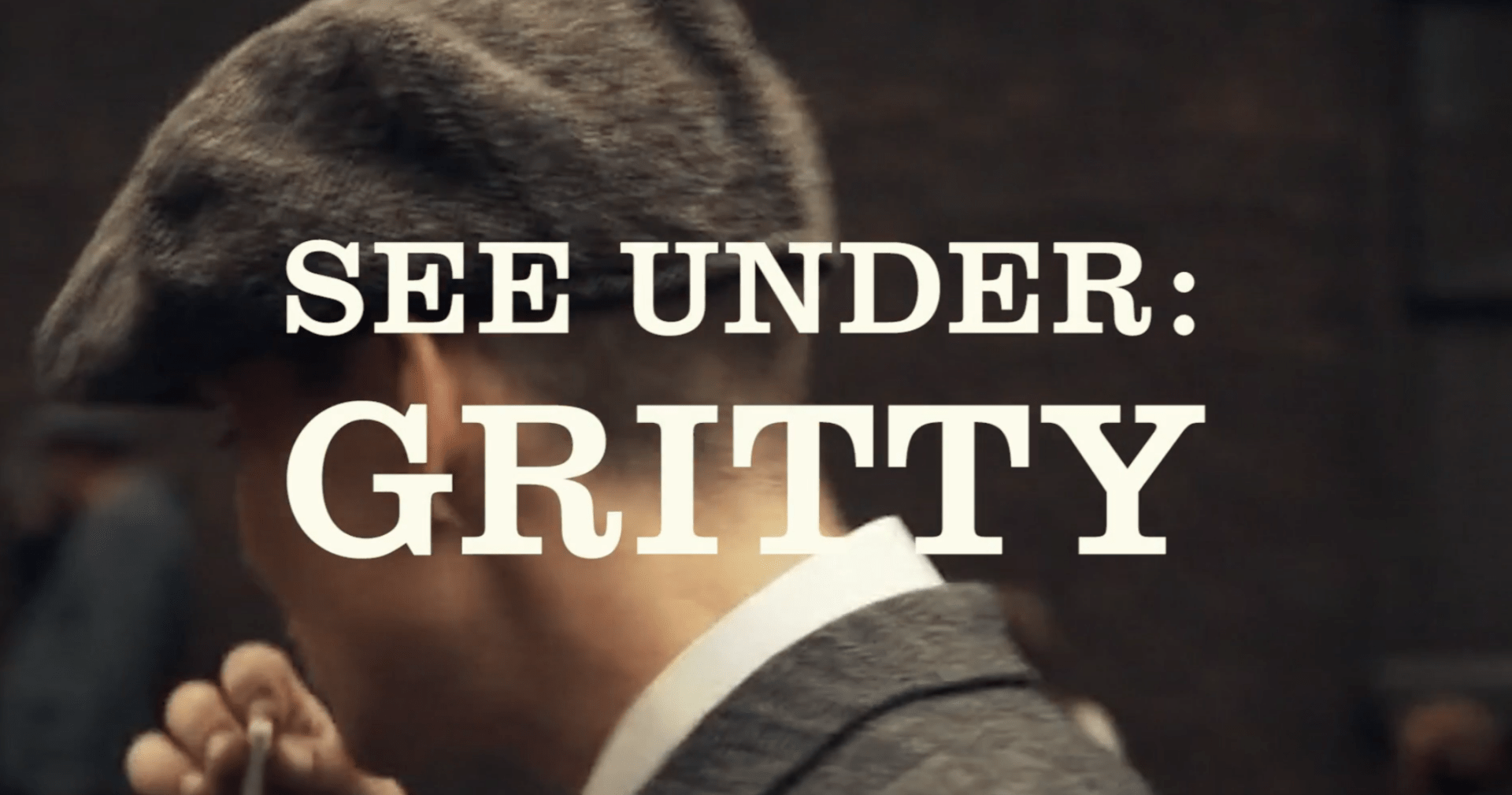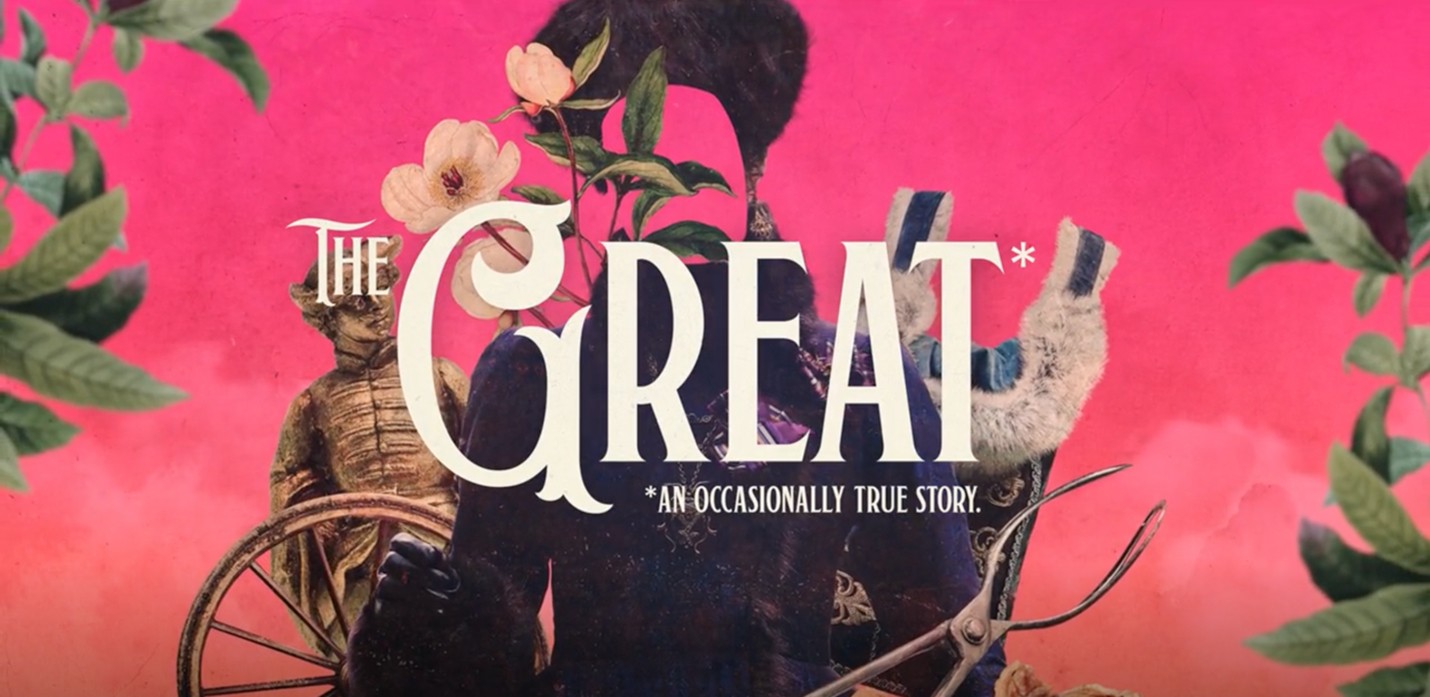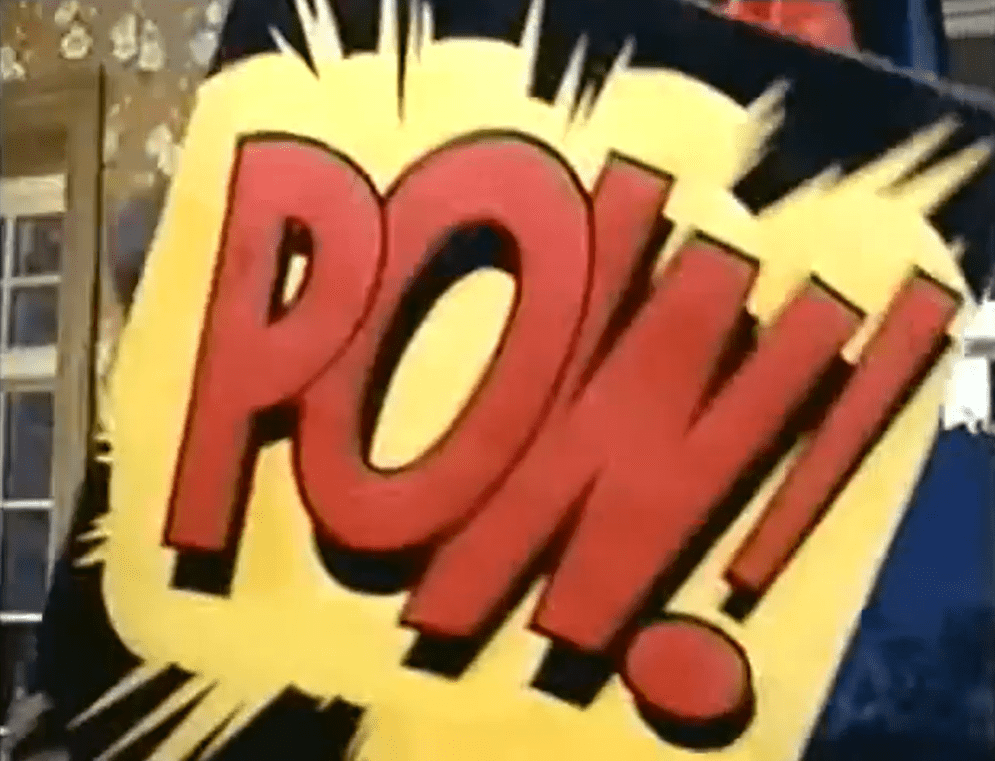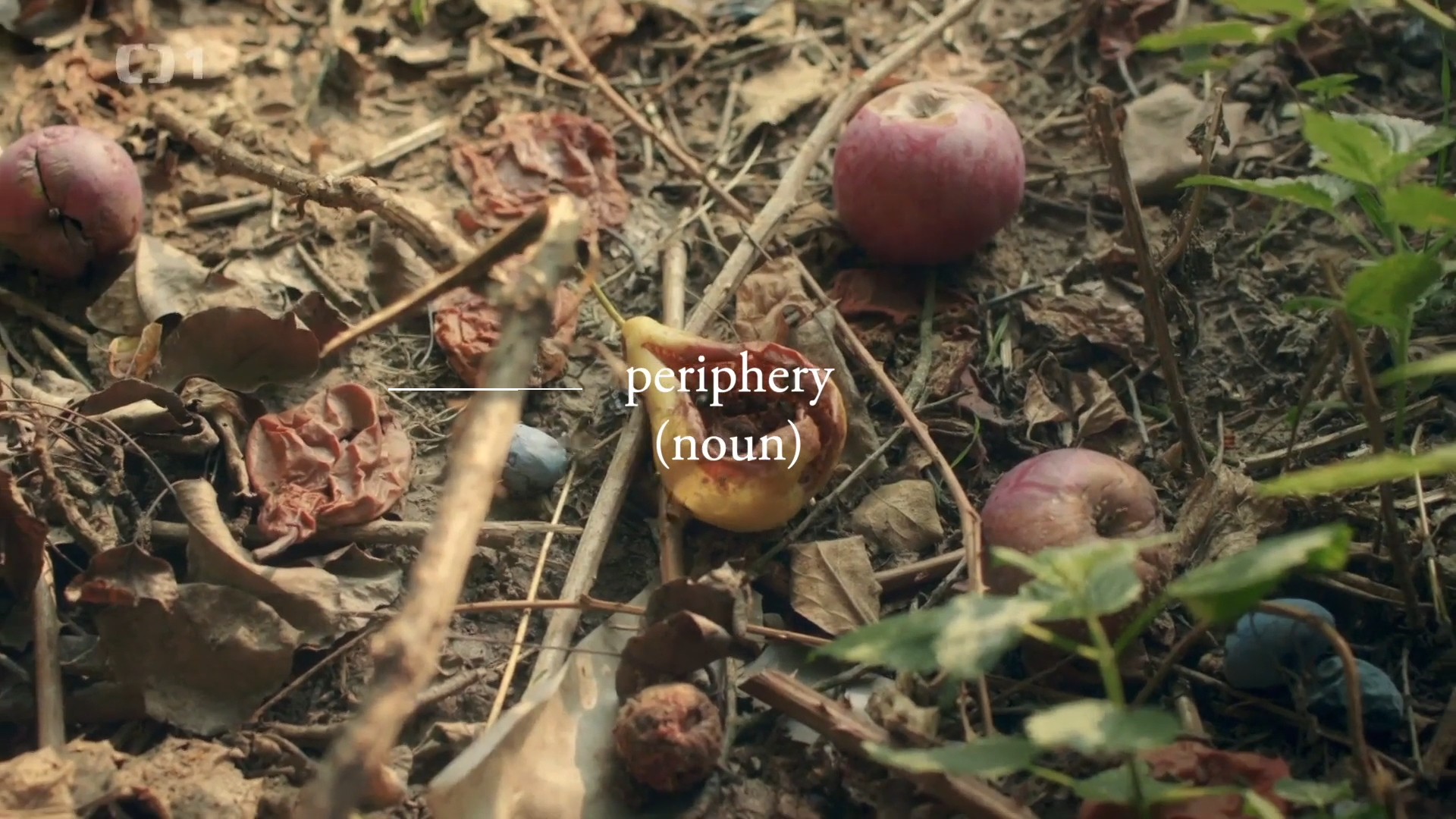
Thus far, the TV Dictionary project has gathered an impressive number of 80 short video essays. Seeing these videographic works from the perspective of East-Central European scholars and television aficionados, what catches our attention (besides their aesthetic quality and theoretical/historical insight) is one tiny little thing.


